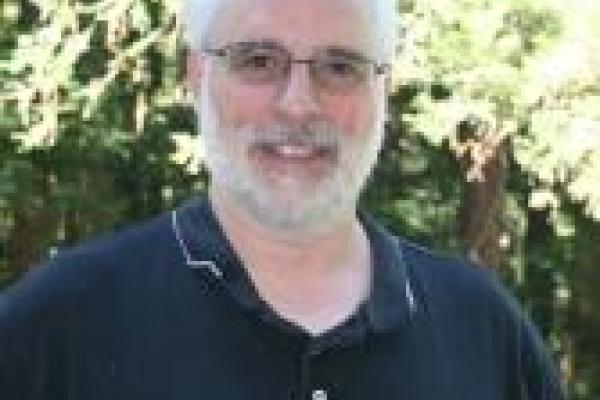
Tue, October 24, 2017
3:45 pm - 4:45 pm
1080 Physics Research Building - Smith Seminar Room - reception at 3:30 pm in the Atrium
The Higgs boson was initially proposed in 1964 and was finally discovered at the Large Hadron Collider (LHC) in 2012. With the Higgs boson discovery, the Standard Model of Particle Physics is now complete. But, does this signal the end of discoveries in particle physics? In this talk, I shall first discuss why the Higgs boson was an essential ingredient of the Standard Model. I will then review the current experimental status of the Higgs boson and future prospects for precision studies of its properties. Finally, I will explain why new physics beyond the Standard Model must exist and whether evidence for such new phenomena is likely to emerge at the LHC and/or the next generation of collider facilities.
